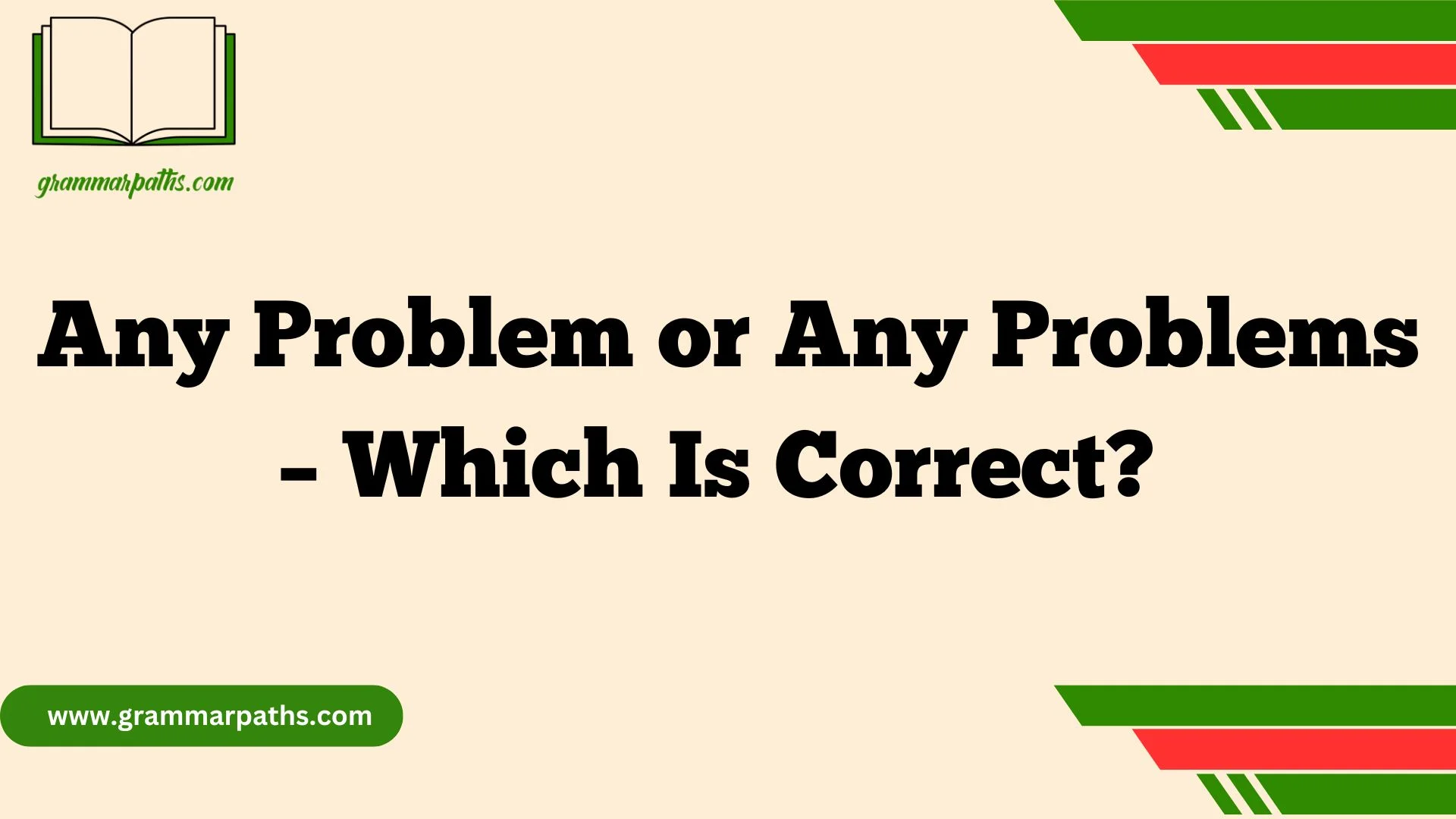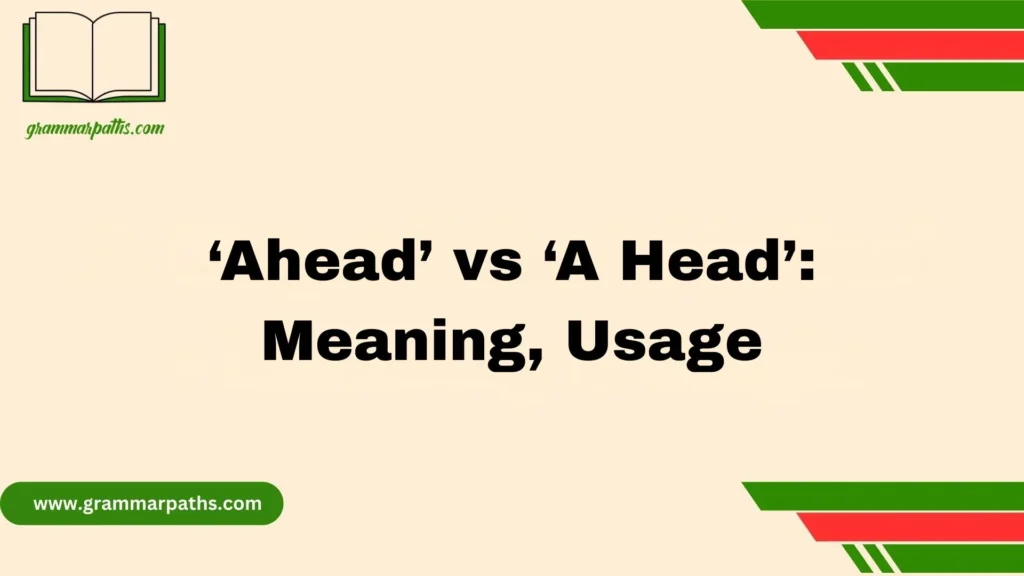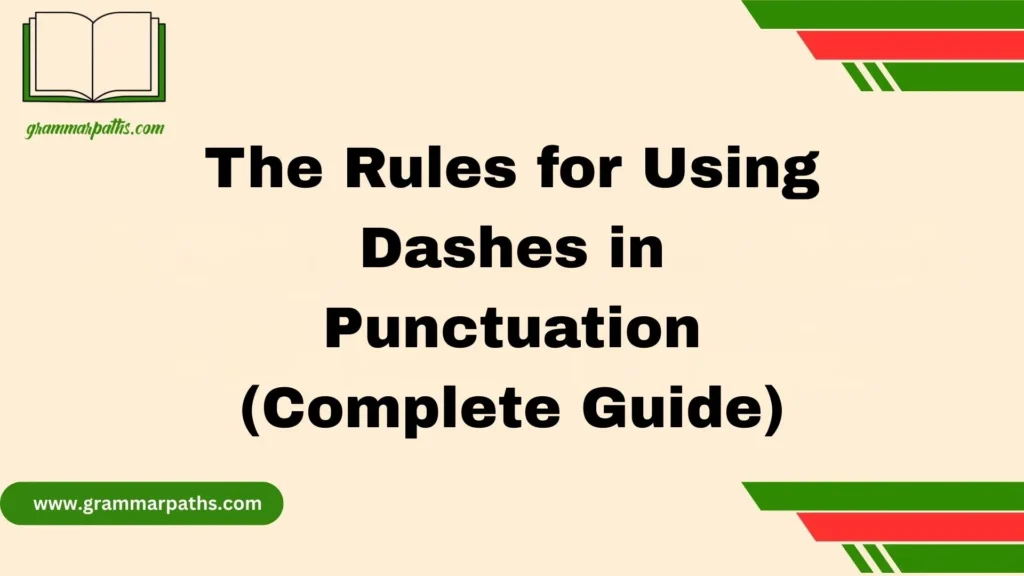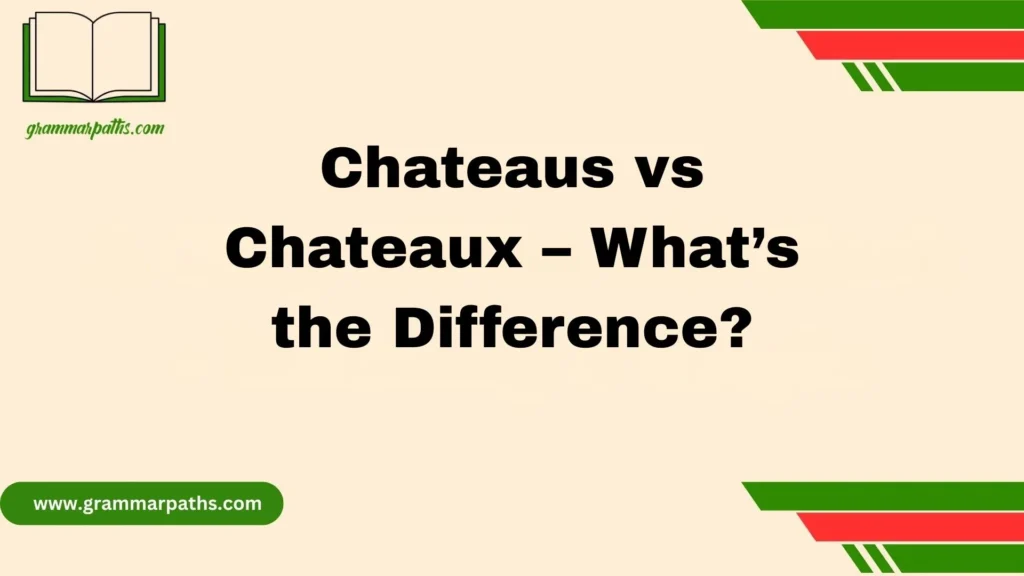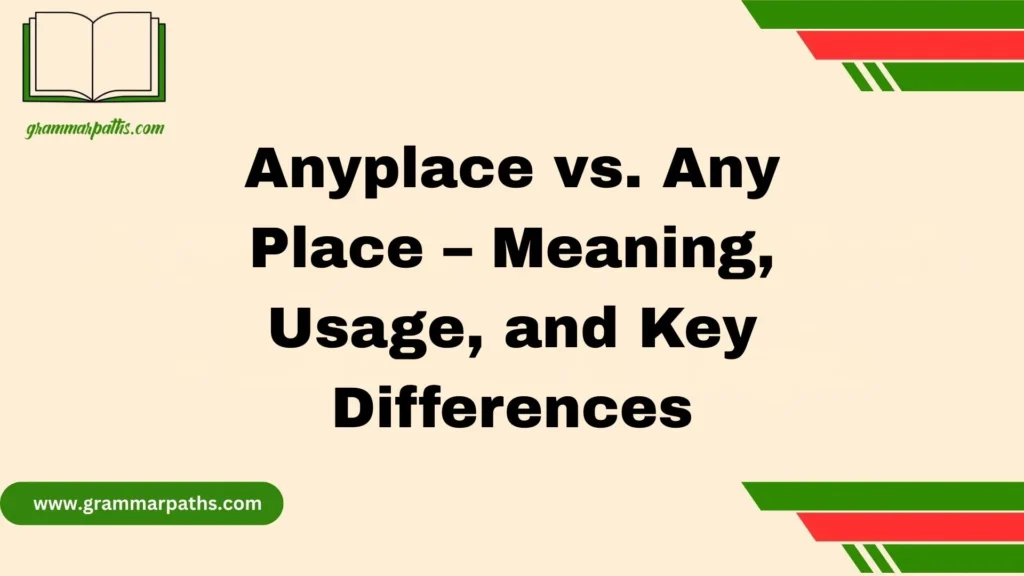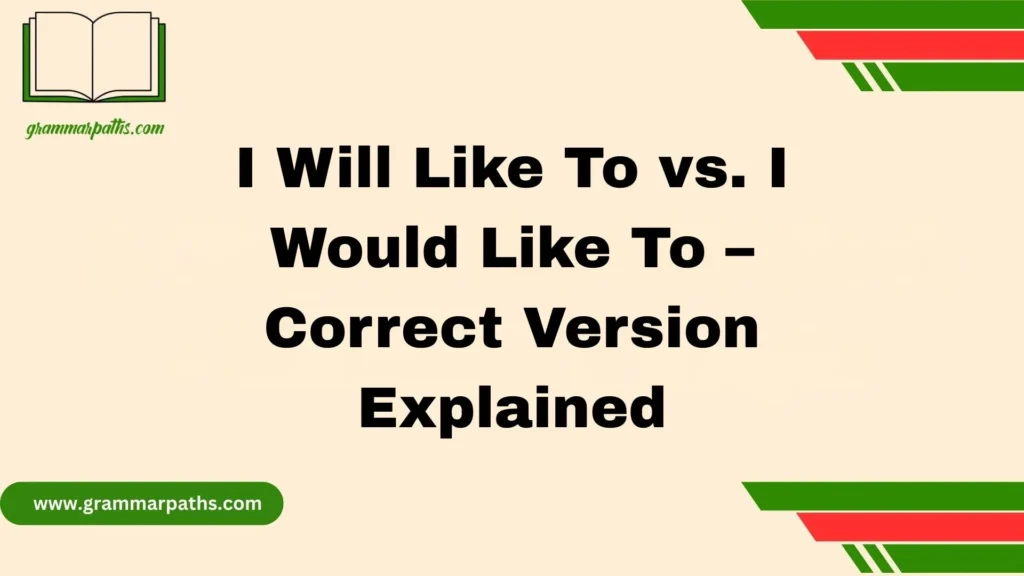Whether you’re writing an email or casually chatting with friends, choosing the right words can sometimes feel like solving a puzzle. One tricky spot that often makes people pause is deciding between “any problem” or “any problems.” It might seem like a minor detail, but using the correct form can make your message clearer and more professional.
The English language is full of subtle grammar rules that can trip up even experienced writers and speakers. The trick to getting it right often comes down to understanding the context of what you’re trying to say. Without a simple explanation, though, it’s easy to get stuck—and that’s exactly why we’re here to help.
Use “any problem” when you’re referring to a single potential issue, especially in general or uncertain situations. For example: “If you have any problem, feel free to reach out.”Use “any problems” when you’re asking about or referring to multiple possible issues. For instance:“Did you experience any problems with the new software?”
Both are grammatically correct, but the difference lies in whether you’re talking about one issue or several. Understanding that distinction helps you sound more fluent and confident in your writing.
What’s the Difference Between “Any Problem” and “Any Problems”?
At first glance, the distinction seems simple: one’s singular, the other plural. But here’s where it gets interesting:
- Any problem often refers to a single potential issue—maybe something specific or serious.
- Any problems suggests multiple possible issues or a more general scope.
Yet context flips the meaning. Read on to understand when to choose which one.
Understanding “Any” – Is It Singular or Plural?
The word “any” is an indefinite determiner. It partners with both singular and plural nouns:
- With singular countable nouns, it often implies one or none:
- “Is there any apple in the fridge?”
- “Is there any apple in the fridge?”
- With plural countable nouns, it implies zero or several:
- “Are there any apples in the fridge?”
- “Are there any apples in the fridge?”
Thus, “any problem” fits when you’re asking about one particular issue, while “any problems” covers a wider range of possible issues.
When Is “Any Problem” Correct?
You’ll find “any problem” in situations where one specific issue might exist, especially in formal or abstract contexts. For example:
- “If you encounter any problem, contact support immediately.”
- “Does anybody see any problem with this policy?”
✅ Use Cases for “Any Problem”:
- Formal writing (reports, papers, policies)
- Single expected issue (you anticipate one)
- Abstract or conceptual discussions
Pro tip: When you’re pinpointing a single obstacle, go with “any problem.”
When Is “Any Problems” Correct?
This phrase pops up in casual speech, mass communications, and when several issues are possible. Examples:
- “Did you run into any problems during installation?”
- “Let me know if there are any problems with the shipment.”
✅ Use Cases for “Any Problems”:
- Informal settings
- Multiple or unknown issues
- Conversational tone
Quick insight: Choose “any problems” when the door is open to several hiccups.
Contextual Usage in Real Life (Side-by-Side)
Here’s a table showing how context determines which phrase fits best:
| Sentence | Correct Phrase | Reason |
| “Do you have ___ understanding this?” | any problem | Refers to one misunderstanding |
| “Were there ___ during the install?” | any problems | Could be multiple installation issues |
| “You should report ___ immediately.” | any problems | General instruction for any number of issues |
| “Let us know if you face ___ later.” | either works | Both fit, tone guides the choice |
Formal vs Informal Settings – Which One to Use Where?
Formal Environments:
- “Any problem” elevates the tone.
- Ideal for academic, institutional, or corporate writing.
- Sharp, professional, polished.
Informal Contexts:
- “Any problems” feels warmer and more accessible.
- Great for emails, casual conversation, or friendly checks.
- Sounds natural and relaxed.
Common Mistakes and Misuses
Many writers default to “any problems” even when “any problem” fits better. Here’s what to remember:
- Don’t treat one phrase as always wrong.
- Select based on tone and scope.
- Know that American and British English sometimes lean differently—British writers may prefer the singular more often.
How Native Speakers Use It in Conversation
Here are two real-world dialogue examples:
Formal meeting:
“Please tell me if there’s any problem with the contract draft.”
Casual chat:
“Hey, any problems with your laptop this morning?”
Notice how tone and situation cue the speaker’s choice.
“Any Issue” vs “Any Problem” – Is There a Difference?
- Issue feels softer and more neutral. It suits professional, corporate, or customer-service environments.
- Problem is stronger and more immediate—often used when something’s wrong or urgent.
✅ Comparison Table:
| Phrase | Tone | Best for… |
| any issue | Neutral | Corporate emails, customer support |
| any problem | Urgent/Specific | Serious errors, immediate concerns |
Quick Grammar Rules to Remember
- Use any problem:
- In formal or individual scenarios.
- Referring to a single issue.
- In formal or individual scenarios.
- Use any problems:
- In informal, general, or casual contexts.
- When more than one problem might exist.
- In informal, general, or casual contexts.
Case Study: Office Email vs Team Chat
Let’s imagine you’re the project lead.
- Email to clients (formal):
- “Please let us know if there’s any problem with the new layout.”
- “Please let us know if there’s any problem with the new layout.”
- Slack to your team (casual):
- “Hey folks, any problems deploying the update?”
- “Hey folks, any problems deploying the update?”
Notice how audience and medium shape your wording.
Quick Quiz
Test your understanding!
- “Are there ___ with your application?”
- A) any problem
- B) any problems
- A) any problem
- “Let me know if you run into ___ in the report.”
- A) any problem
- B) any problems
- A) any problem
- “Could you tell me if you spot ___ in my work?”
- A) any problem
- B) any problems
- A) any problem
Answers:
- B | 2. B | 3. A
– Choose based on whether multiple issues are expected.
FAQs:
Are any problems grammatically correct?
Yes, “any problems” is grammatically correct when referring to more than one issue or potential issue. It’s often used in plural contexts, such as “Do you have any problems with the software?”
Is any problem plural or singular?
“Any problem” is singular. It refers to one unspecified issue. For example, “Let me know if you have any problem with the form” is technically correct, though less common than the plural version.
Is it correct to say any question or any questions?
Both are correct, depending on the context. “Any question” is singular (e.g., “Ask me if you have any question”), while “any questions” is plural and more commonly used (e.g., “Do you have any questions?”).
Is it correct to say “is there any problem”?
Yes, “Is there any problem?” is grammatically correct and commonly used. It’s asking if a single issue exists, often used in polite inquiries or troubleshooting.
Is problem plural or singular?
“Problem” is singular. The plural form is “problems.” Use “problem” when referring to one issue and “problems” when referring to more than one.
How do you use any correctly?
Use “any” with singular or plural nouns depending on the context. With singular (e.g., “any issue”), it refers to one unspecified item. With plural (e.g., “any issues”), it refers to one or more. It’s typically used in negative, interrogative, or conditional sentences.
Conclusion
In conclusion, knowing when to use “any problem” versus “any problems” can make a significant difference in your clarity and confidence with English grammar. While both are grammatically correct, the key lies in understanding context. Use “any problem” when referring to a single, general issue, especially in more formal or abstract contexts. On the other hand, choose “any problems” when you’re asking about or referring to multiple possible issues, often in practical or everyday situations.
Mastering this subtle distinction not only helps avoid common grammar mistakes, but also enhances your overall language fluency. Whether you’re writing an email, taking an exam, or having a conversation, choosing the right form between singular and plural nouns demonstrates your grasp of the language.

Grace Marie is the dedicated writer behind GrammarPaths.com, where she shares her passion for English grammar, idioms, and writing mastery. With a strong background in language studies and years of experience helping learners improve their communication skills, Grace creates clear, practical, and engaging content that makes English easy to understand.
